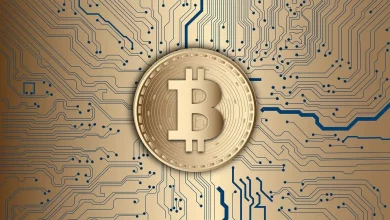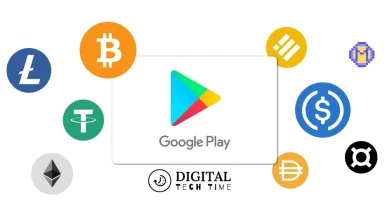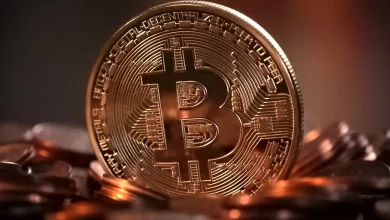Crypto and Consoles: Bitcoin’s Growing Influence in Gaming Worldwide
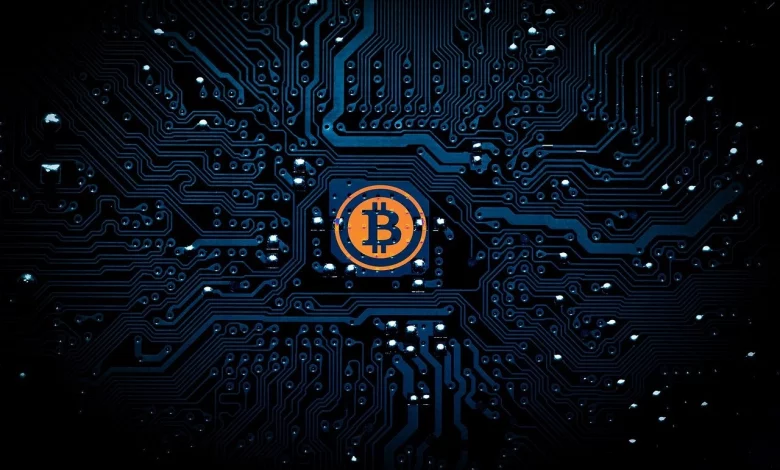
The gaming industry has undergone a remarkable transformation in recent years, driven by technological advancements and the increasing popularity of online and mobile gaming. One of the most significant catalysts for this change has been the rise of Bitcoin and other cryptocurrencies, which have opened up new avenues for gamers, developers, and the industry. This article will explore Bitcoin’s transformative power in the global gaming industry, delving into its impact, benefits, and future potential.
Table of Contents
Understanding the basics of Bitcoin
Before diving into the intersection of Bitcoin and gaming, it’s essential to grasp the fundamentals of this revolutionary digital currency. Bitcoin is a decentralized, peer-to-peer electronic cash system without a central authority or intermediary. It was introduced in 2009 by an anonymous individual or group known as Satoshi Nakamoto.
Bitcoin transactions are recorded on a public, distributed ledger called the blockchain, maintained by a network of computers worldwide. This decentralized nature ensures transparency, security, and resistance to censorship or manipulation.
The Intersection of Bitcoin and Gaming
The gaming industry has traditionally relied on conventional payment methods like credit cards, debit cards, and online payment platforms. However, integrating Bitcoin into gaming has opened up new possibilities and addressed some of the challenges gamers and developers face.
One of the primary advantages of using Bitcoin in gaming is the elimination of intermediaries and associated fees. Traditional payment methods often involve third-party processors, resulting in significant transaction costs for gamers and game developers. On the other hand, Bitcoin transactions are direct and incur minimal fees, making it a more cost-effective option.
Moreover, Bitcoin offers anonymity and privacy, which appeals to many gamers. While traditional payment methods require disclosing personal and financial information, Bitcoin transactions are pseudonymous, giving users greater control over their data.
Impact of Bitcoin on the Gaming Industry
The adoption of Bitcoin has profoundly impacted various aspects of the gaming industry, revolutionizing the way gamers interact, transact, and experience gaming.
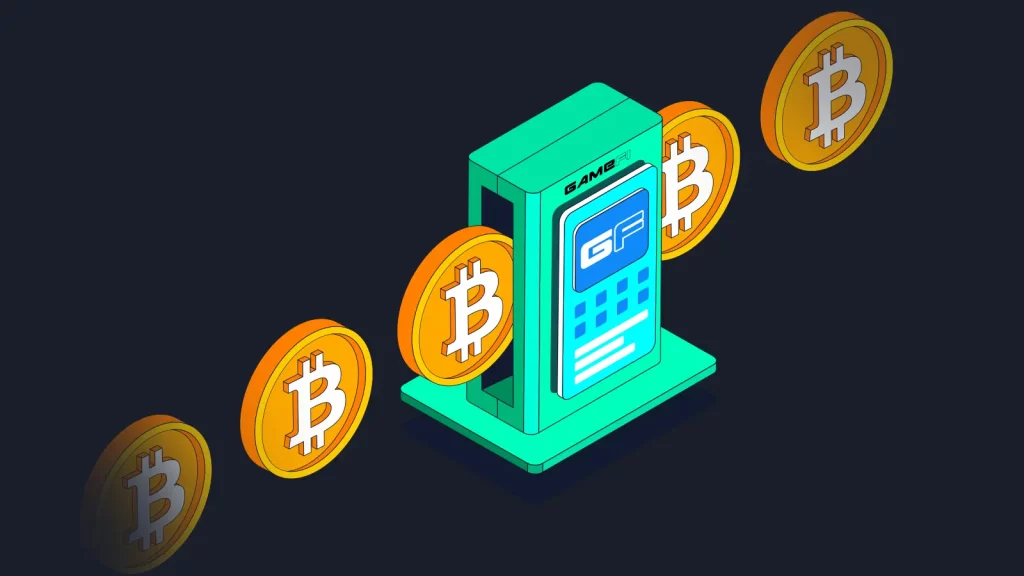
The rise of cryptocurrency in the gaming industry
The gaming industry has witnessed a surge in the integration of cryptocurrencies, with Bitcoin being at the forefront of this movement. Game developers and platforms have recognized the potential of cryptocurrencies and have started accepting them as a payment method for in-game purchases, subscriptions, and other services.
Benefits of using Bitcoin in gaming
- Lower transaction fees: Bitcoin transactions typically incur lower fees than traditional payment methods, making it more cost-effective for gamers and developers.
- Enhanced security: The decentralized nature of the Bitcoin network and the use of cryptographic encryption ensure a high level of security for transactions, reducing the risk of fraud and unauthorized access.
- Global accessibility: Bitcoin is a borderless currency, enabling gamers worldwide to participate and transact without the restrictions imposed by traditional financial systems.
- Faster transactions: Bitcoin transactions are processed and confirmed relatively quickly, allowing seamless and efficient in-game purchases and payments.
Bitcoin casinos and gambling platforms
One of the most prominent applications of Bitcoin in the gaming industry has been in the realm of online casinos and gambling platforms. Bitcoin casinos offer a wide range of games, including slots, table games, and sports betting, all powered by the decentralized and secure nature of the Bitcoin network.
These platforms provide gamers with a high level of anonymity and the ability to make secure and fast transactions without intermediaries or disclosing personal information.
How Bitcoin is revolutionizing in-game purchases and virtual economies
The integration of Bitcoin has also transformed how in-game purchases and virtual economies operate. Game developers can leverage Bitcoin’s blockchain technology to create secure and transparent virtual economies where gamers can buy, sell, and trade in-game assets using cryptocurrencies.
This approach enhances the gaming experience and empowers gamers by giving them ownership and control over their digital assets, which can be traded or exchanged outside the game’s ecosystem.
The future of Bitcoin in the global gaming industry
As the adoption of Bitcoin and other cryptocurrencies continues to grow, the gaming industry is poised for further disruption and innovation.
Microtransactions and In-Game Economies

One of Bitcoin’s most significant gaming impacts is its potential to streamline microtransactions. These small, in-game purchases are a staple of the modern gaming economy, allowing players to buy anything from cosmetic items to gameplay advantages. With its lower transaction fees and faster processing times compared to traditional payment methods, Bitcoin makes it easier and more cost-effective for developers and players to engage in these transactions. Furthermore, blockchain technology’s inherent transparency and security can help reduce fraud and unauthorized transactions, a common issue in digital transactions.
Decentralization of Gaming Platforms
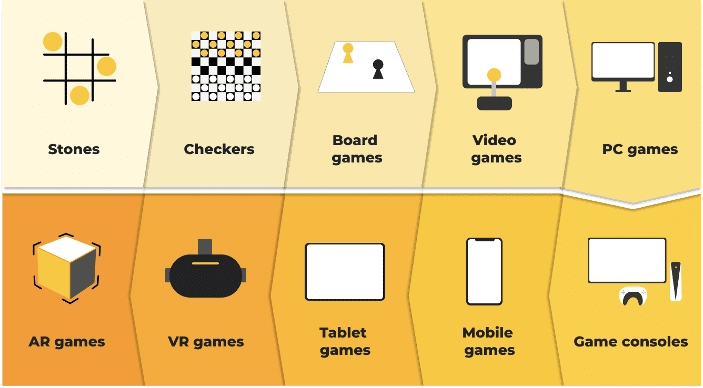
Bitcoin’s underlying technology, the blockchain, enables more decentralized gaming platforms. These platforms can operate outside the control of any single entity, potentially reducing censorship and increasing fairness in games. For instance, decentralized autonomous organizations (DAOs) could allow community members to decide directly about game development or in-game economies, using Bitcoin as a voting mechanism. This could lead to more community-driven game development and give players a more significant say in how games evolve.
Global Access and Inclusivity
Another pivotal advantage of integrating Bitcoin into gaming is facilitating a global marketplace. Traditional financial systems often exclude players from regions with less developed banking infrastructure. Bitcoin, a borderless and decentralized currency, can be accessed by anyone with an internet connection. This inclusivity opens up the gaming market to millions more players worldwide, increasing the potential user base for developers and enhancing cultural diversity within gaming communities.
Challenges and Considerations
Despite these benefits, integrating Bitcoin into the gaming industry is not without challenges. Volatility in Bitcoin’s price can complicate developer pricing strategies and player budgeting decisions. Additionally, regulatory uncertainties surrounding cryptocurrencies could impact their adoption and use in certain regions.
Moreover, there’s a growing concern about the environmental impact of Bitcoin mining, which requires substantial energy consumption. This aspect could affect public perception of games or platforms that adopt Bitcoin, particularly among environmentally conscious consumers.
Future Outlook
As we look to the future, the gaming industry will likely continue exploring the potential of Bitcoin and other cryptocurrencies. Innovations such as non-fungible tokens (NFTs) have already begun to show how blockchain technology can create unique, ownership-proof game items, and further integration could continue to transform the landscape of online gaming economies.
Challenges and potential risks of using Bitcoin in gaming
While integrating Bitcoin into gaming presents numerous opportunities, it has challenges and potential risks. Some of the key concerns include:
- Volatility: The value of Bitcoin and other cryptocurrencies can be highly volatile, which could impact the stability of in-game economies and transactions.
- Regulatory uncertainties: The legal and regulatory landscape surrounding cryptocurrencies is still evolving, and different jurisdictions have varying approaches, which could create challenges for game developers and platforms operating globally.
- Scalability: As the adoption of Bitcoin increases, the network may face scalability issues, leading to longer transaction times and higher fees, which could undermine some of the benefits it offers to the gaming industry.
- Cybersecurity risks: While the Bitcoin network is secure, there has been hacking and theft targeting cryptocurrency exchanges and wallets, highlighting the need for robust cybersecurity measures.
Tips for gamers interested in using Bitcoin
If you’re a gamer interested in exploring the world of Bitcoin and cryptocurrency gaming, here are some tips to help you get started:
- Educate yourself: Take the time to understand the basics of Bitcoin, blockchain technology, and the potential risks and benefits associated with using cryptocurrencies.
- Choose reputable platforms: When selecting Bitcoin casinos, gaming platforms, or marketplaces, research their reputation, security measures, and user reviews to ensure a safe and reliable experience.
- Secure your funds: Use cryptocurrency wallets and follow best practices for storing and managing your Bitcoin and other digital assets.
- Stay informed: The cryptocurrency and gaming landscapes are constantly evolving, so stay up-to-date with the latest news, developments, and regulatory changes that could impact your gaming experience.
Frequently Asked Questions (FAQs)
- Is it legal to use Bitcoin for gaming? The legality of using Bitcoin for gaming varies depending on the jurisdiction. In many countries, it is legal to use cryptocurrencies for online gaming and gambling. Still, checking your region’s specific laws and regulations is essential.
- Are Bitcoin transactions in gaming anonymous? While Bitcoin transactions are pseudonymous, meaning they are not directly linked to personal identities, they are not entirely anonymous. The blockchain ledger is public, and transactions can be traced back to specific wallet addresses, which could potentially be linked to individuals.
- What are the advantages of using Bitcoin for in-game purchases? Some key advantages include lower transaction fees, faster processing times, global accessibility, and enhanced security compared to traditional payment methods.
- Are there any risks associated with using Bitcoin in gaming? Like any emerging technology, there are potential risks, such as volatility in cryptocurrency values, regulatory uncertainties, scalability issues, and cybersecurity threats. Understanding and mitigating these risks is essential when engaging with Bitcoin gaming platforms.
Related Post: Exploring the Synergy: Bitcoin’s Impact on the Global Gaming Industry
Conclusion
Integrating Bitcoin and other cryptocurrencies has already transformed the global gaming industry, revolutionizing how gamers interact, transact, and experience gaming. From the rise of Bitcoin casinos and gambling platforms to the disruption of in-game purchases and virtual economies, Bitcoin’s decentralized and secure nature has opened up new avenues for innovation and growth.
As the adoption of cryptocurrencies continues to grow, the gaming industry is poised for further disruption and evolution. While challenges and potential risks exist, the benefits of using Bitcoin in gaming, such as lower transaction fees, enhanced security, global accessibility, and faster transactions, make it an attractive option for gamers and developers.


